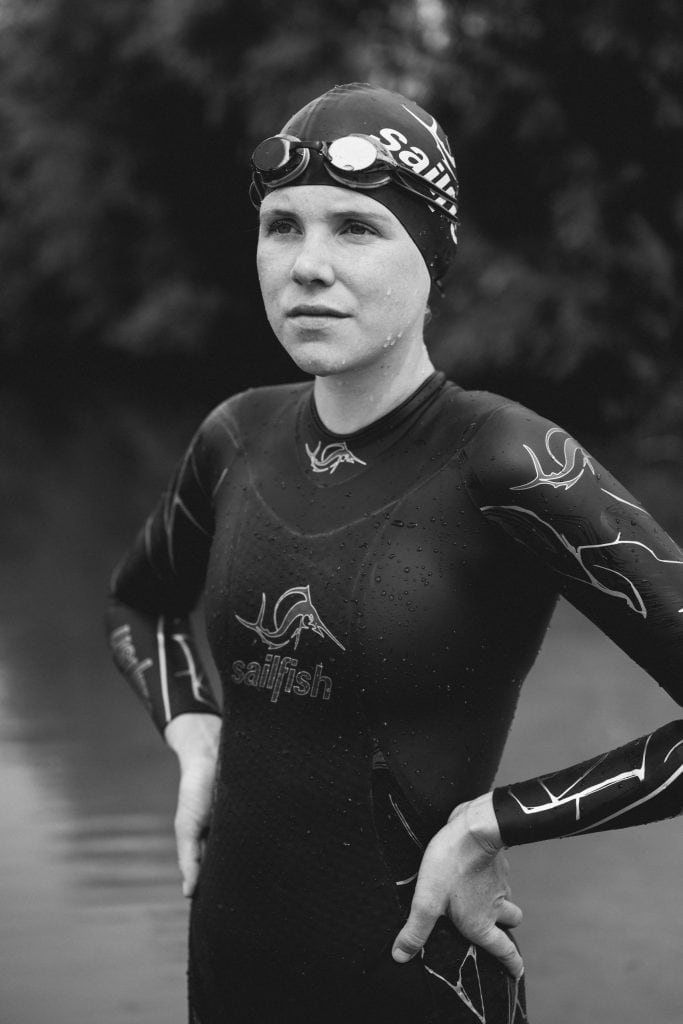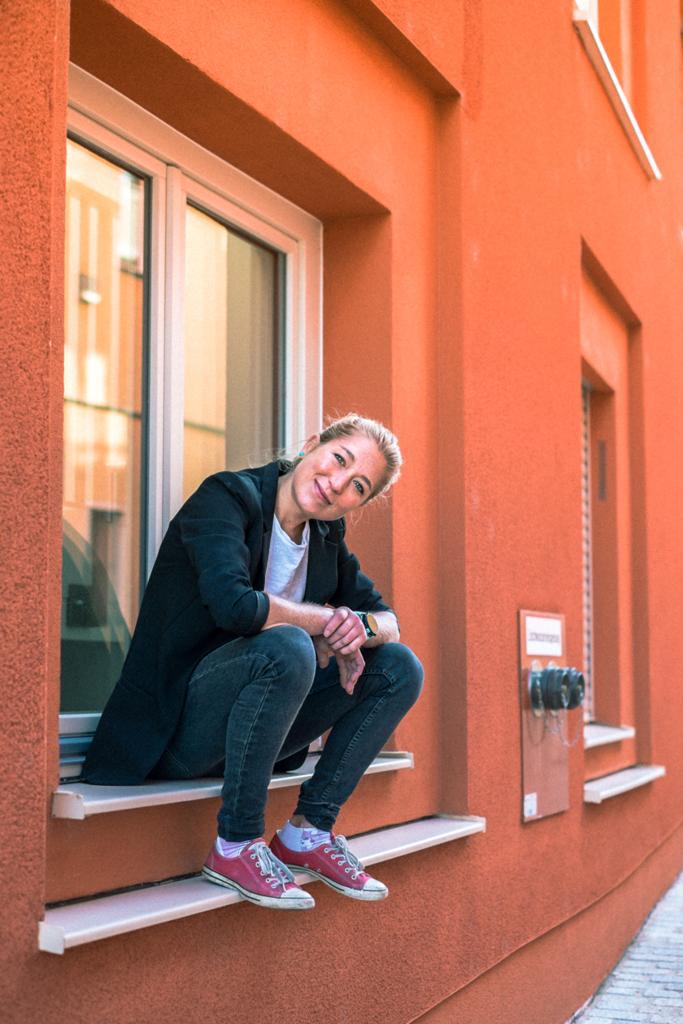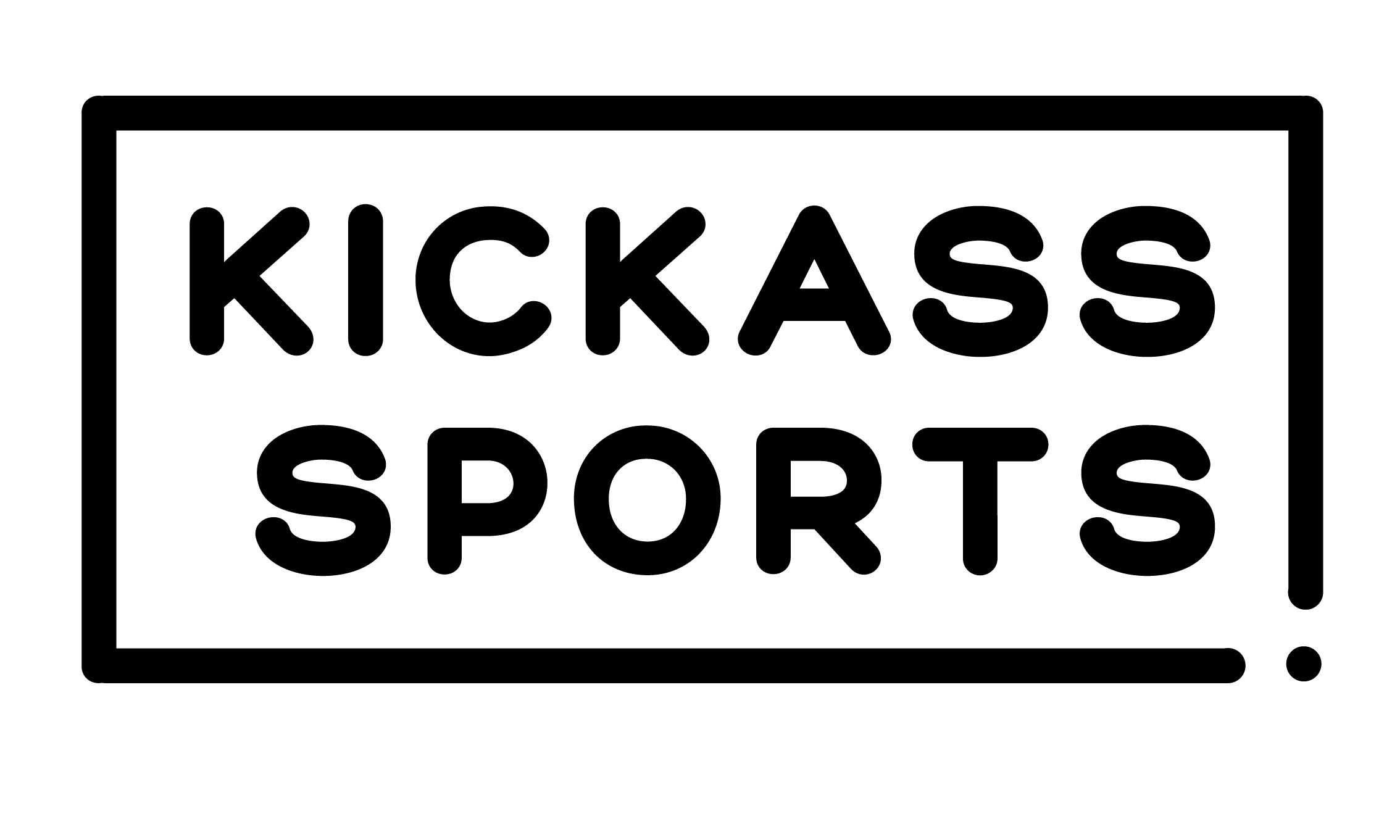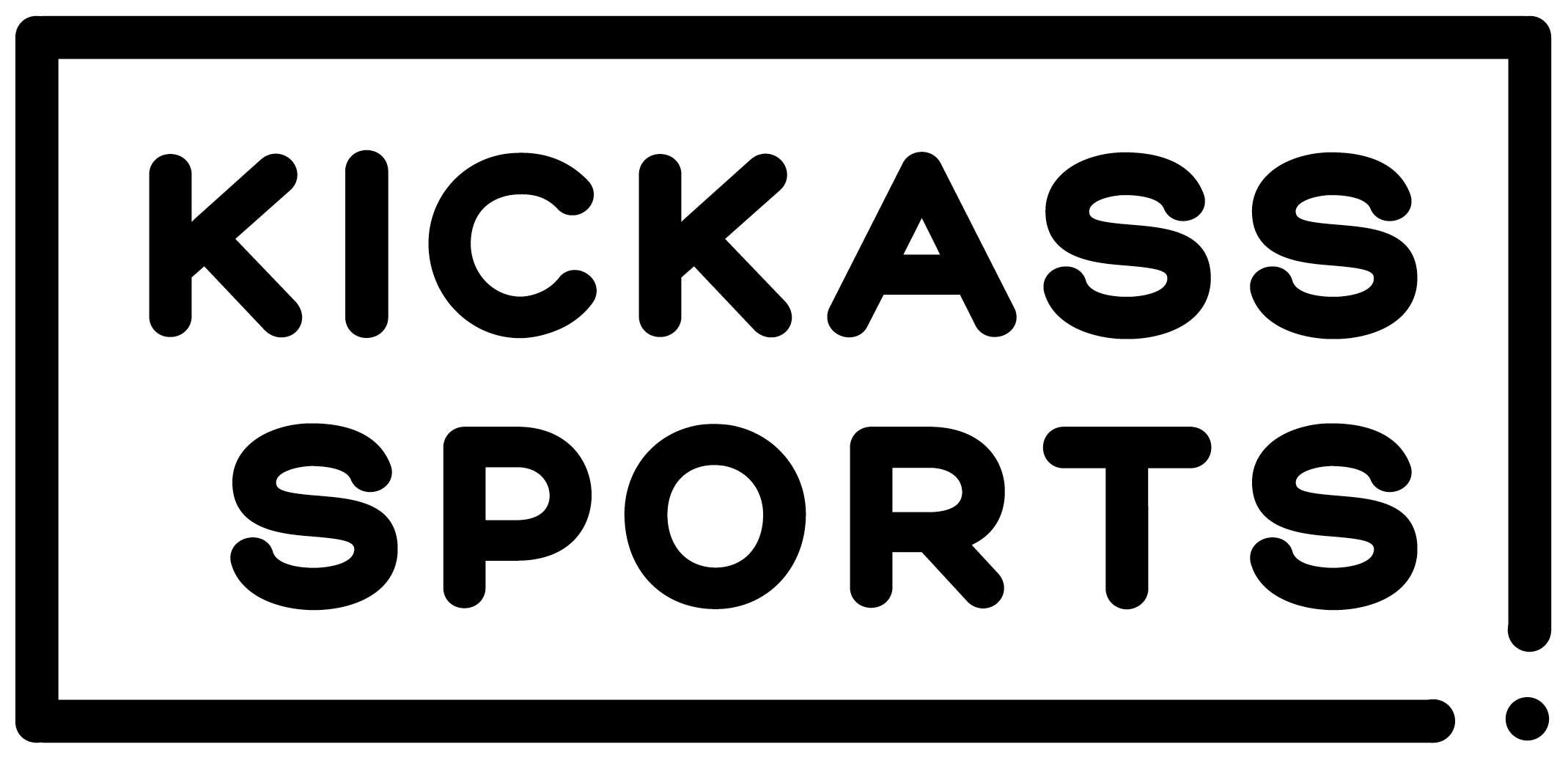KickAss Balance
Now what? A sports psychological view of crisis situations
Franzi • 12. March 2022 • 12 Min.
For a few days now, an unpleasant feeling has been spreading through my training that seems strangely familiar to me. Back then, almost exactly two years ago, I had something like this before: depressing thoughts and yes, somehow a really bad conscience. While I’m enjoying the first rays of sunshine and the tentative signs of spring on a bike ride, the mood elsewhere is one of disaster.
Back then, in 2020, my mother, my father, my brother, and thousands of others in the medical profession fought with enormous effort, even beyond their own physical limits, to save human lives and get the pandemic situation under control (and are still doing so today, albeit with considerably more routine).
I, on the other hand, as a “system-irrelevant” self-employed person, felt condemned to watch and somehow insanely useless. My options for contributing anything meaningful to mitigating the Corona pandemic were limited to things like staying home, keeping my distance, and wearing a mask. Relatively unsatisfactory. And as a single-person household, not necessarily uplifting, let alone comforting, when you sit alone isolated in your apartment while at the same time countless people, including acquaintances and loved ones, are losing their lives.
The current situation is not the same. One should not compare or mix the current events in Ukraine with the Corona pandemic. But the feeling they create in me is still similar: very close to me, a few hundred kilometers away from me, there is a war going on. People fear for their lives, are deprived of their homes, their possessions. They urgently need my, our help. And I would like to do even more than what I have done so far. And yet I continue my training every day as if nothing had happened.
Where to put the guilty conscience?
Almost a bit stealthily, I make my way to the municipal sports facility and reel off my tempo runs. I’ve had an easier time than today. It’s as if there’s an extra weight on me. The headwind today feels like a wall I’m running against. After the workout, I loosen my ankles in the sand of the long jump pit, sit around on the track for a while and watch the clouds go by. And immediately the thoughts catch up with me again: Am I really just sitting around here doing nothing? Isn’t that completely inappropriate right now? It really doesn’t help the misery in the world.
A photo of the workout ends up on Instagram. Even before sharing, I ask myself if I even want others to see what I just did. Am I ashamed of it? Or should I be embarrassed to draw attention to something just damn unimportant like tempo programs? The guilty conscience that others might think I’ve been calmly doing my laps on the tartan track and don’t care at all that the world is just ending elsewhere runs deep and won’t let me go. Even if no one condemns me for it, I condemn myself.
Because in such situations it is always best to confide in people who can empathize with your situation and still take an objective look at things, I talked about this with my friend Anna Schneider, a sports psychologist and passionate triathlete herself. Through her profession, but also her experience as an athlete and coach, she often has answers and advice at hand that help not to lose sight of the essentials, but also of oneself and one’s own mental health.
When I tell Anna about my guilty conscience during training and the fear of not contributing enough support, she reassures me: “You and I, we can all be aware that just because we switch off our head for a moment, a few hours or even sometimes a day and concentrate on something else – in this case the sport and the training – we are therefore no less compassionate or supportive of the current situation. Because through the sport, the resulting distraction and the release of endorphins during it, we fill up again with new psychological power and strength. We can use both very well right now to actively support the people in Ukraine. It doesn’t help at all if you are compassionate all day long, have bad feelings and bad thoughts during training and then maybe you don’t have the strength to help others. Just as you’re supposed to actively care for others, you’re allowed to actively care for yourself.”
In short, working out is more than okay. And so are Instagram photos. For those who, similar to me, are currently plagued by an uncomfortable feeling when they take a few hours off despite the dramatic events, perhaps they can “re-frame” that guilty conscience – to use Anna’s words – by being clear: “I’m not wasting time here, I’m refueling so I can give more again elsewhere.” Definitely a starting point, but isn’t it still a terrible sign of privilege and selfishness to worry about your own well-being now?

Am I selfish?
To answer this question, Anna has found a comparison that is very vivid for me personally. She talks about a safety instruction that most people have probably been given a few times and that may have seemed a bit strange to them, at least the first time: “When we’re on the plane, we’re told before takeoff that in emergencies we should first put on the oxygen mask ourselves and only then help others put it on. Especially for parents who often put the well-being of their children above their own, this sounds absurd at first. But it makes sense: Only when you are supplied with oxygen can you help those around you to get oxygen. Otherwise, you would very quickly run out of air and would no longer have the capacity to care for your fellow passengers and provide help. So even in emergency situations it is important to take care of yourself. This is what makes our help particularly sustainable and effective.
Because as hard as it may sound, simply worrying and suffering helps Ukraine and no one else. And that then elevates sports and training or other things that you’re passionate about to another level. Because those things, first of all, make us feel good, and secondly, make us able to make others feel better, too.”
Maybe some people feel similar to me after hearing these words: you suddenly become aware that you are mainly standing in your own way with all the negative thoughts about your own actions. That self-care and support for people in need are not mutually exclusive, but can even positively influence each other. Nevertheless, the word positive sounds almost a little inappropriate in view of the current situation.
Where is the motivation?
After all, we are constantly thinking about the people in Ukraine who are currently suffering so much injustice. And that’s okay, but it inevitably has an impact on our minds. A lot of things are difficult these days and some people are perhaps looking in vain for motivation for the things that they normally enjoy and that they normally do day in, day out. For me, professional triathlete Jan Van Berkel has expressed this feeling of powerlessness and the futility of one’s own actions very well. He writes in his Instagram post from March 2:
“[…] On the first day of the Russian invasion into Ukraine, I struggled to find purpose and therefore motivation in my profession as a professional athlete. I was having brekky with my son and was thinking about what I could be doing that this will never happen to him in his lifetime. And the I should be leaving 30 minutes later to go push some pedals and act as my power numbers are the most important thing in the world? Or post some nice pic of coffee I had while reading first hand how other dads need to leave their sons to fight a war? I’m struggling with this. […]”
It doesn’t matter if you are a professional or an amateur – many people will feel the same at the moment, when they suddenly question themselves and their work, because it doesn’t seem to contribute anything to the “essential”. You lose the joy, the lightness in the sport and feel somehow stupid. A little, but really only a little bit like back then, in the well known system irrelevance.
Here, too, Anna finds apt words, since in her eyes it is precisely sport that can be something that lets us draw new motivation: “We are confronted in the current situation, similar to the outbreak of the Corona pandemic, with a very great feeling of powerlessness and also realize that there is a correlation between these profound events and our dejection. But this is where sports may be able to provide some relief: In training, we experience something like competence and effectiveness again, while in the world we otherwise have to let a lot of things happen. A regular sports routine also creates a sense of security for us. Our daily training routine consists of processes that we can control ourselves and through which we also experience the emotional balance already mentioned. If we have a fixed training schedule, for example, we can perceive positive further development over time and also successes that make us feel good despite the extremely negative situation at the moment and can also be a form of therapy and support.”
By the way, Anna advises people who do not follow a fixed training plan to seek a little freedom and relief outside in nature at a fixed and regular time and to “let the thoughts just slide and also allow beautiful things to happen.” Because with a little free space and “outlet” for our head, our emotional basis is also at least a little more stable for the current challenges.

What does “all this” actually do to us?
Admittedly: Phrases like “current challenges,” “current situation” or “momentary situation” (which I have of course interspersed far too often in this text myself) just get on my nerves. After all, we’ve been saying this for two years now, and in the meantime with the aftertaste that the “current situation” won’t find a real end point at all, since we can hardly turn back time. Things can’t get back to the way they were anyway.
In the past months, including the recent events, we have all experienced, learned, seen and felt many things that we would never have expected, suspected, let alone feared. Things have simply happened that we as individuals cannot change and instead have to come to terms with the new circumstances.
My final question to Anna, therefore, was whether all of this – this elusive conglomeration of outside influences that have rapidly and greatly changed our daily lives – has done something to us psychologically as well.
“Humans always adapt to external circumstances in their behavior, emotions and thought structures,” Anna explains in this regard, “and since we’ve been facing different living conditions for two years now, we’ve naturally adapted to them as a result of evolution – sensibly, it must be said. This affects our thoughts, our emotions and also our behavior.”
But when I might not feel so bad, but actually quite “normal”? “After all, the question is always, what do I call normal? Normal is what you perceive as normal. And two years ago, we wouldn’t have considered it normal to sit in the home office on a regular basis. In the meantime, it’s no longer something special, and some people have perhaps even discovered for themselves that they quite like this way of working, this new normal. Others, on the other hand, found it difficult and were happy to return to their old workplace at the end of the lockdown. This shows how individual the adjustment to different circumstances is and that there will always be situations that some people will cope with psychologically better than others. But that something has changed is beyond question.”
We can almost blame it on evolution, so to speak, that both the pandemic and the war in Ukraine will continue to influence our thoughts, actions and feelings in the years to come. Our task will be to learn from this, but also to ensure that we develop a kind of resilience that allows us to remain compassionate and empathetic on the one hand, and we don’t let ourselves be broken in the face of misery and suffering on the other. Sport can be an outlet, a help and an anchor to – as Anna calls it – “refuel and gather new strength” for the challenges that we currently can (and must) only overcome together.
If you need some inspiration on how you can energetically help after a successful training session, a good portion of sun on your face and full batteries, Anna and I have put together a few more suggestions below.
What can I do?
Filter information: It makes no sense and ends up in the shorelessness to consume all media contributions that deal with the war in Ukraine. Pick a few reputable media outlets that you trust and have easy access to. Currently, there are extremely many reposts on social media. Of course, you can also check out Instagram and the like, but be aware that the person sharing information does not always question the sources of their post.
Donate money: The easiest and fastest method. You can make monetary donations to various aid organizations to help them cope with the tasks on the ground in Ukraine or in this country with refugees. The German Central Institute for Social Issues has published a list of reputable organizations online that are working to help Ukraine.
Donations in kind: Items such as durable food, children’s food, cosmetics, medicines, clothing, blankets, sleeping bags, and more are also currently being sought. It is best to contact an aid organization or project in your region with donations in kind in order to keep transport distances short and to find out in advance what is most in demand and what recommendations are given for packaging and sorting the items.
Refugee aid: In addition to the neighboring Ukrainian countries, Germany is also receiving a large number of refugees. Refugee organizations can currently use every helping hand to make it easier for those arriving. There is also the possibility to register on the platform “Accommodation Ukraine” and to provide your own living space (e.g. a guest room) for a certain period of time for refugees from Ukraine.
Show solidarity: Currently there are protests, rallies and demos all over Germany where people are protesting for peace in Ukraine. The demonstrations give a voice to democracy and the people of Ukraine.
Here you will find links to organizations that need all the support they can get to provide humanitarian aid:
betterplace.org/de
mission-lifeline.de
aktionsbuendnis-katastrophenhilfe.de
uno-fluechtlingshilfe.de
Instagram accounts where you can get information away from the big media:
@katapultmagazin
@dekoder_org
@razom.for.ukraine
@annuschek
@withukraine
@doktordab
@sallylisastarken

